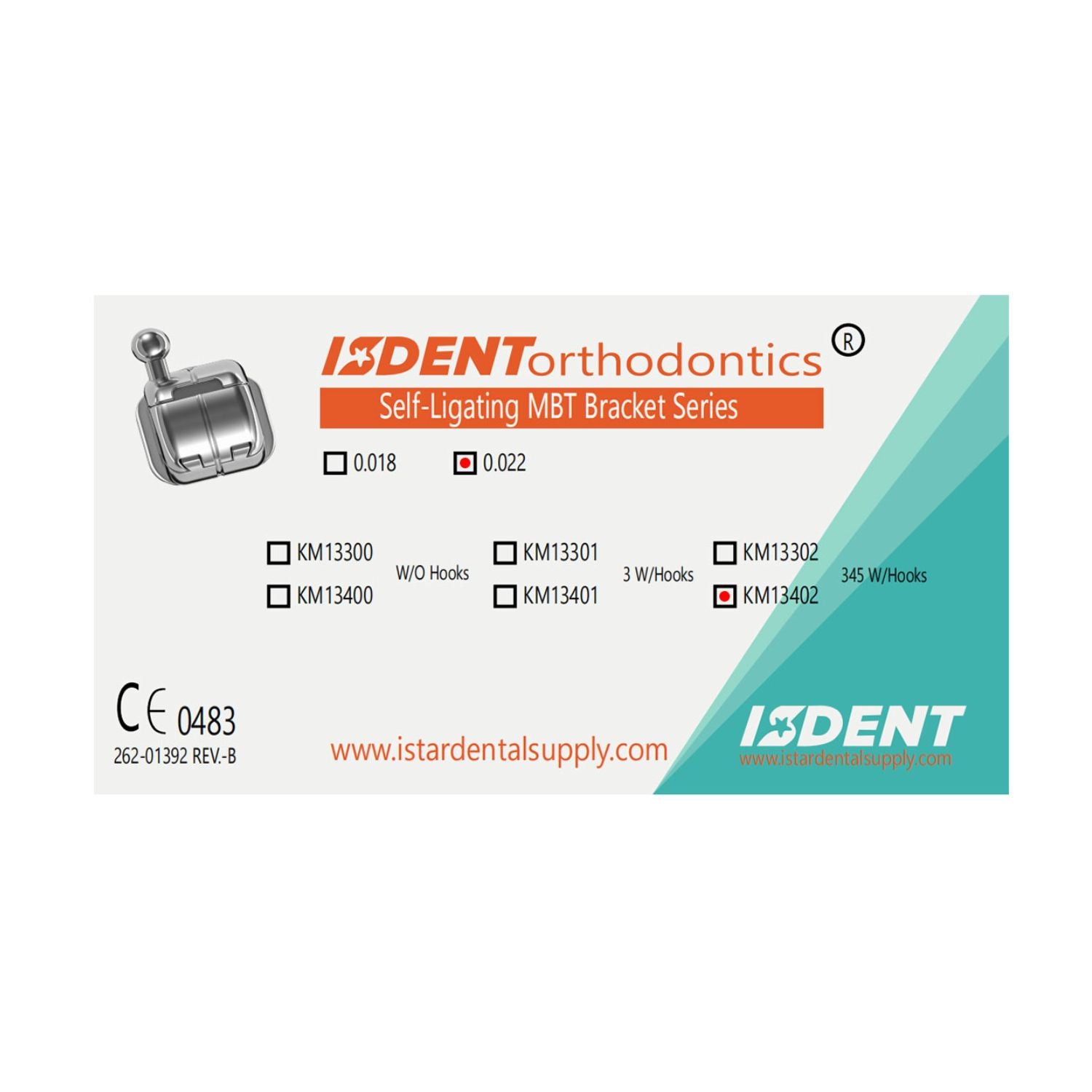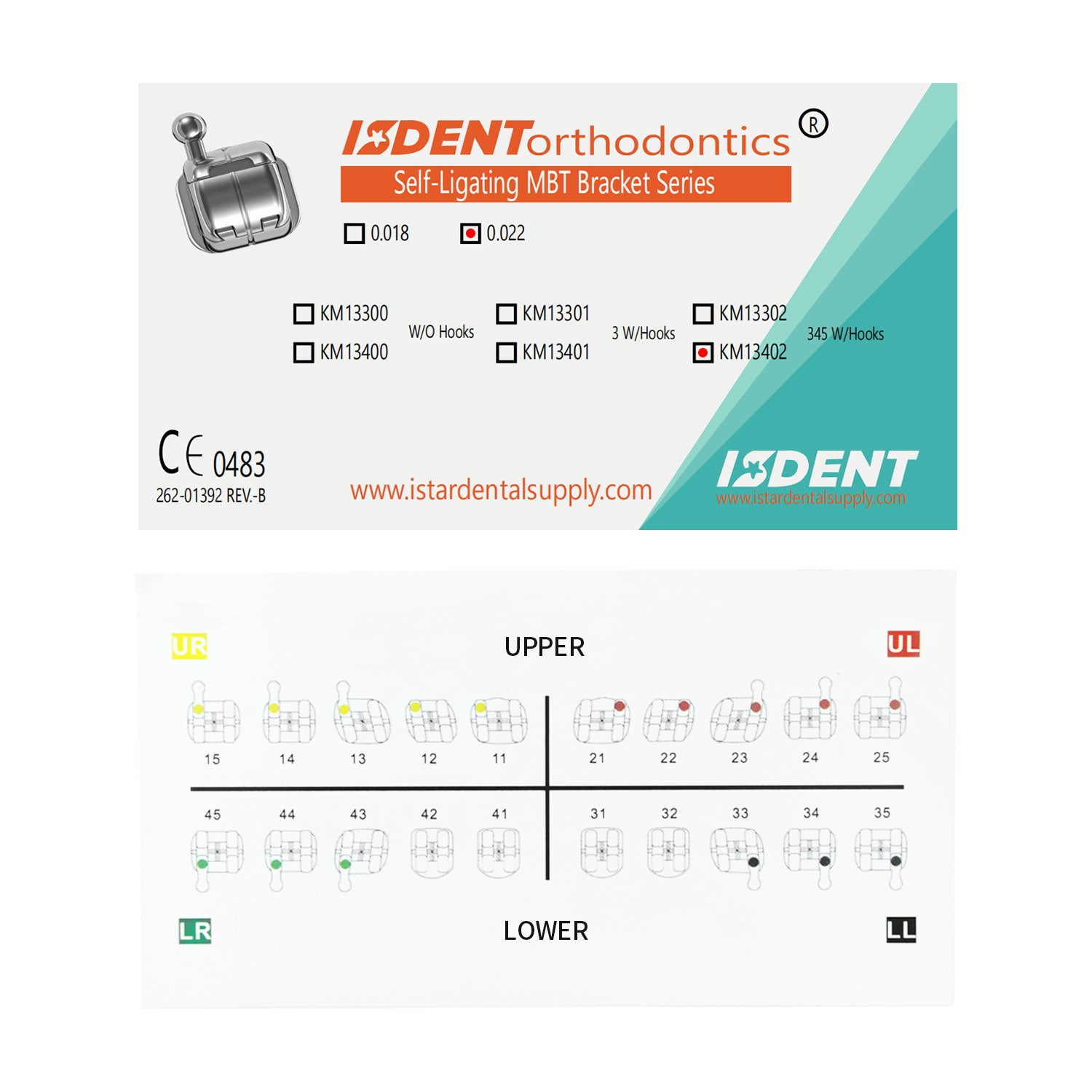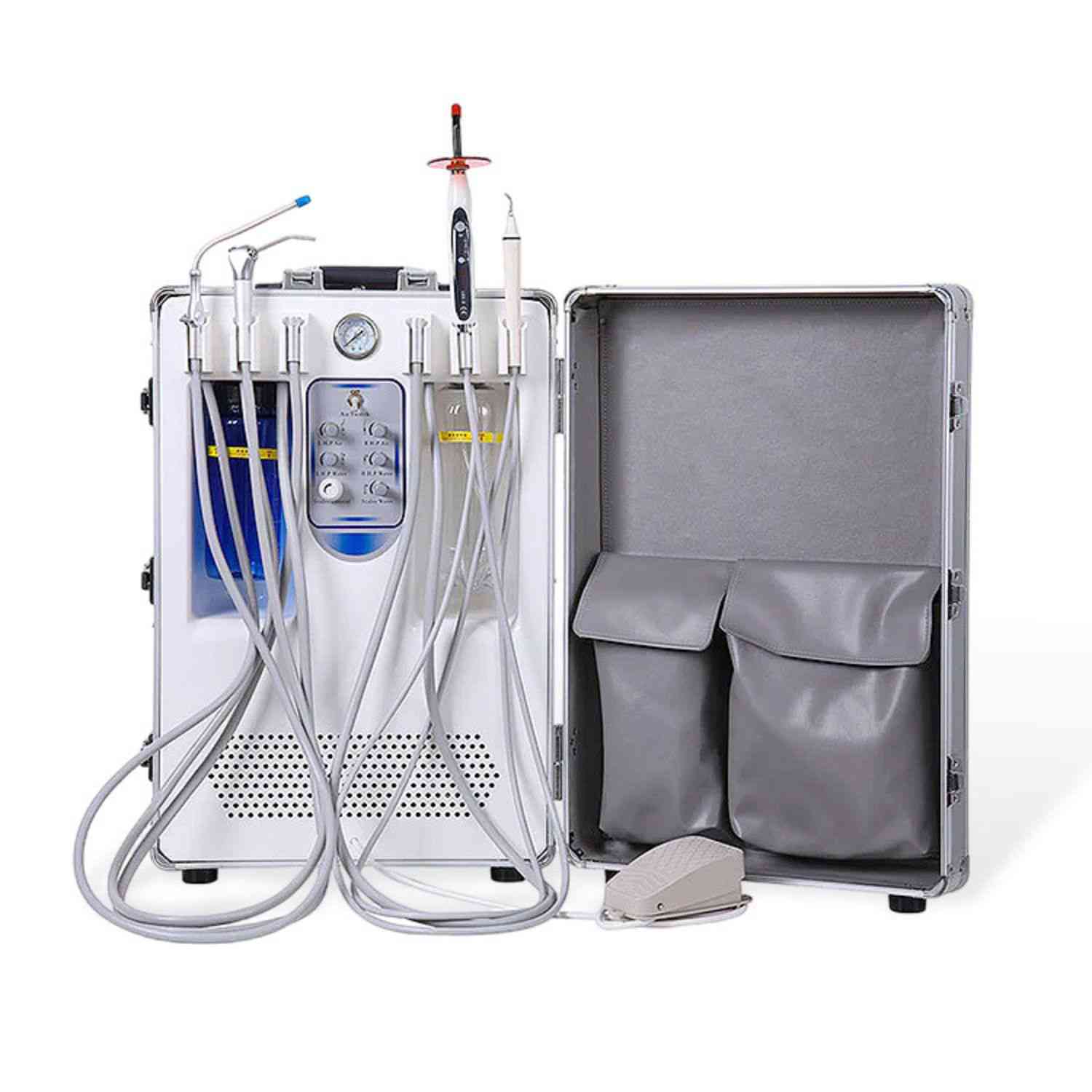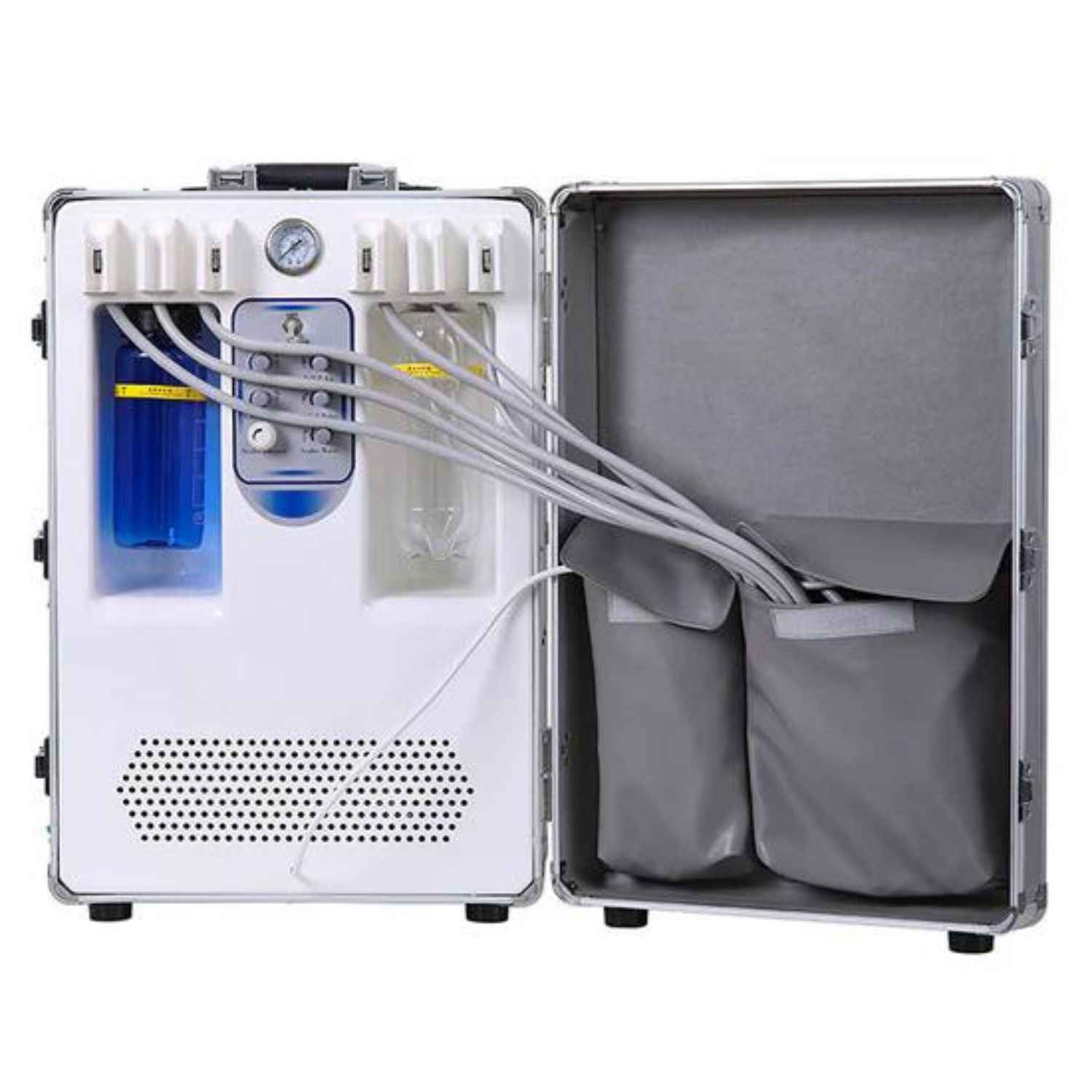The Best Dental Insurance That Covers Implants: My Guide to Getting Your Smile Covered
A dental implant is one of those big, important things. It can change your life, but the cost can be scary. That’s why so many people ask me, "Which dental insurance covers implants?" It’s a great question. This article will walk you through everything you need to know. We will look at what dental insurance plans cover, what to watch out for, and how to find the best dental insurance for your needs. Here the tools to find a plan that helps you get your smile back without breaking the bank.
Why Is Finding Dental Insurance That Covers Implants So Tough?
Most insurance companies used to see dental implants as a cosmetic, or "not needed," procedure. They saw it like getting your teeth whitened. They thought a bridge or denture was a good enough fix for a missing tooth. So, many old dental insurance policies would not help pay for a dental implant at all.
Things are changing now, but it is a slow process. More and more insurance companies understand that a dental implant is often the best choice for your long-term dental care. It is strong, it lasts a long time, and it helps keep your jawbone healthy. Because of this, more dental insurance plans are starting to provide coverage for dental implants. But many still have rules that make it tricky. They might cover only a small part of the cost or have long waiting periods. Finding a great dental insurance plan requires you to look closely at the details.
What Types of Dental Insurance Plans Should I Look For?
When you start looking for dental insurance, you will see a few different types of dental insurance plans. The most common one you will find is a Dental PPO (Preferred Provider Organization) plan. With a dental PPO, you can see almost any dentist you want. You will save more money if you see a dentist in the plan’s network, but you still have coverage if you go out of network. This is great if you already have a dentist you like and trust.
Other types of dental plans exist, too. A DHMO (Dental Health Maintenance Organization) plan is usually cheaper. But, it makes you use dentists from a small list. You also need a referral from your main dentist to see a specialist. While they cost less per month, they might not offer as much for a dental implant. When getting dental implants, a dental PPO plan is often a better choice. It gives you more options for choosing a surgeon and a dentist to place the final crown. The key is to find a balance between the monthly cost and the coverage you need.
Do Most Dental Plans Cover Dental Implants Today?
This is the big question, isn't it? The simple answer is that more dental plans cover dental implants now than ever before. But "cover" can mean different things. A plan might say it "covers" implants, but it only pays for a small part of the dental implants cost. Some plans that only cover the tooth pulling or the crown that goes on top of the implant, but not the implant post itself. This can be very confusing.
The good news is that many dental plans now see a dental implant as a "major" dental care procedure. This is the same group as crowns and bridges. Most dental insurance plans will pay for a part of major procedures, usually around 50%. So, if your dental insurance plan covers major services, there is a good chance it will help with your dental implant. You have to read the fine print in the insurance policies to be sure. Never assume a dental plan will cover it just because it is a good plan. You need to check the specific details for dental implant coverage.
How Does the Waiting Period Affect My Dental Implant Coverage?
You sign up for a new dental insurance plan, ready to get your implant, only to find out you have to wait. This is called a waiting period. A waiting period is a set amount of time you must have the dental insurance before it will pay for certain things. For simple things like cleanings, there is usually no waiting period. For bigger things like a dental implant, the waiting period can be six months, a year, or even longer.
Insurance companies do this to protect themselves. They don't want people to sign up for a dental plan, get a very expensive dental implant procedure done right away, and then cancel the plan. So, they make you wait. This is very important to check before you buy. If you need a dental implant soon, you must look for a dental insurance plan with no waiting period for implants or a very short one. A waiting period for implants can delay your much-needed dental care.
Can I Get Full Coverage Dental Insurance for Implants?
People want a plan that pays for 100% of everything. The truth is, that kind of dental insurance is very, very rare, especially for something as expensive as a dental implant. Most plans are designed to share the cost with you. They use things like deductibles, co-pays, and annual maximums to limit how much they pay. An annual maximum is the most money your dental plan will pay for your dental care in a single year.
So, when you see "full coverage dental insurance," think of it as a plan with very good benefits, not one that pays for everything. A great plan for dental implants might pay 50% of the cost after you meet your deductible. It might also have a high annual maximum, like $2,000 or more. This means the dental insurance helps a lot, but you will still have to pay a part of the cost of dental implants. The goal is to find a plan that covers a large portion of your dental implants, not one that promises to cover it all.
Which Dental Insurance Companies Offer the Best Coverage for Implant Costs?
Some insurance companies are known for having better options for major dental work like implants. Big names like Delta Dental and MetLife often have good dental PPO plans that provide coverage for dental implants. Delta Dental, in particular, has many different dental plans with different levels of coverage, so you can often find one that fits your budget.
Other insurance companies to look at include Humana, Cigna, and Guardian. Even a life insurance company like Guardian offers strong dental and vision plans. Aflac’s dental insurance can also be a good choice as a supplemental dental plan to help with costs. The key is not to just look at the company name. You need to look at the specific insurance plan they offer. Each company has many plans, and they are not all the same. The best dental insurance is the specific plan that meets your needs, not just a big-name insurance provider.
How Much of the Dental Implants Cost Will My Insurance Plan Actually Cover?
Let's talk numbers. This is where it gets real. A single dental implant can cost thousands of dollars. So, how much help can you really expect from your dental insurance? Most plans that cover implants will pay about 50% of the cost. But here's the catch: it's 50% of what the insurance company thinks the procedure should cost, not what your dentist actually charges. And this is only after you pay your deductible.
Let's say your dental implant costs $4,000. Your plan has a $50 deductible and a $1,500 annual maximum. First, you pay the $50. Now the cost is $3,950. Your dental insurance plan covers 50%, which is $1,975. But wait! Your plan's maximum payout for the year is only $1,500. So, the insurance covers $1,500. You have to pay the rest, which is $2,500. This is why a high annual maximum is so important. Your dental benefits are limited by that number.
What If My Dental Insurance Doesn’t Cover Implants? Are There Other Options?
Sometimes, you find that even the best individual dental insurance plan just won't work for you. Maybe the waiting period is too long, or the coverage isn't enough. Don't worry, you still have options. One popular choice is a dental savings plan, which is sometimes called a dental discount plan. This is not dental insurance. Instead, you pay an annual fee and get discounts on dental care from a network of dentists. The discounts can be quite large, sometimes saving you hundreds of dollars on a dental implant.
Another option is to see if your health insurance can help. In rare cases when dental implants are deemed medically necessary, your health insurance plan might help pay. This could happen if you lost a tooth in an accident, for example. You can also talk to your dentist's office about payment plans. Many offices offer financing to help you spread out the cost of dental implants over time. Combining a dental savings plan with a payment plan can make getting a dental implant much more affordable.
What Key Questions Should I Ask When Choosing a Dental Plan?
Choosing a dental insurance plan can feel like a big test. To help you pass with flying colors, here is a checklist of questions. Before you sign up for any dental insurance, make sure you get clear answers to these. You can ask your insurance agent or read the complete details of coverage document.
|
Questions to Ask Your Insurance Provider |
Why It's Important |
|
Does this plan specifically cover dental implants? |
You need a clear "yes" or "no." Don't assume. |
|
What is the waiting period for major services like implants? |
This tells you when your coverage for a dental implant will begin. |
|
What is the plan's annual maximum? |
This is the most the plan will pay per year. Aim for $2,000 or more. |
|
What percentage of the implant procedure does the plan cover? |
Look for plans that cover 50% or more for major dental care. |
|
Does the plan cover the implant, the abutment, AND the crown? |
A dental implant has three parts. Make sure all are covered. |
|
Is my preferred dentist in the plan's network? |
Staying in-network with a dental PPO saves you the most money. |
|
What is my deductible for an individual and for a family? |
This is the amount you must pay before the plan starts helping. |
Being prepared with these questions will show any insurance company that you know what you are looking for. It will help you find a plan that covers what you need.
How Do I Start the Process of Getting Dental Implants Covered by Insurance?
Okay, you're ready to take action. Getting your dental implant covered by a dental plan is a step-by-step process. First, talk to your dentist. Get a treatment plan that lists all the steps and the cost of dental care. This plan should include the specific codes for each part of the dental implant procedure.
Next, it's time to go shopping for dental insurance. Use the checklist above to compare different individual dental and vision plans. Look at plans from different dental insurance companies. Once you find a good plan that covers dental implants, sign up for it. Pay close attention to the start date and any waiting period. After the waiting period is over, give your dentist's office your new dental insurance information. They will send a "predetermination of benefits" to your insurance provider. This is like a test run. The insurance company will review your treatment plan and tell you exactly how much they will pay. This way, you know the cost to you before you even start. This is the safest way to use your dental insurance to cover the cost.
Most Important Things to Remember
-
Many Plans Now Cover Implants: More dental insurance plans are covering implants, but you must check the details. They are often covered as a "major" service.
-
Watch the Waiting Period: Be aware of the waiting period. Many plans make you wait 6-12 months before they will help pay for a dental implant.
-
Annual Maximums Matter: The annual maximum is the most your plan will pay in a year. For expensive work like implants, you want this number to be as high as possible.
-
"Full Coverage" is Rare: Most dental insurance plans share costs with you. Expect to pay a portion of your dental implants yourself.
-
Ask a Lot of Questions: Use the checklist to compare plans. Ask about coverage percentage, waiting periods, and which parts of the implant procedure are covered.
-
Consider Alternatives: If dental insurance doesn't work for you, look into dental savings plans or payment plans with your dentist's office.
-
Get a Predetermination: Always have your dentist submit a predetermination to your insurance company. This confirms in writing what your plan will pay before you begin treatment.









